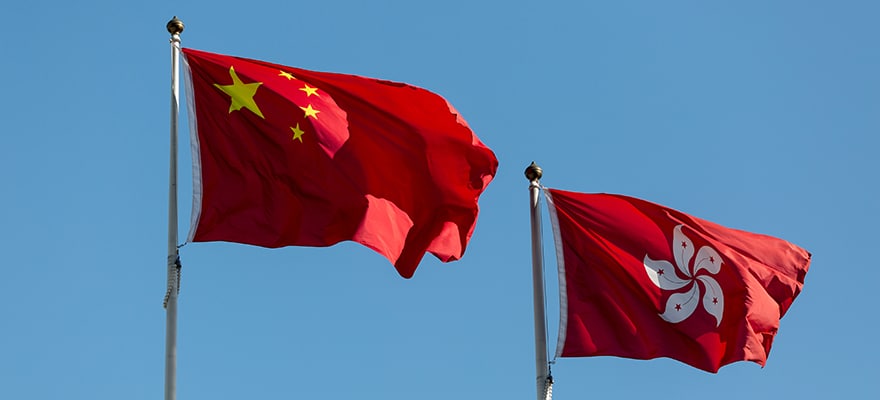Tencent, the creator of messaging service WeChat, is investing 500 billion yuan ($70 billion) into “new infrastructure” based on emerging technologies over the next five years, according to market sources.
Tencent is a Chinese multinational conglomerate holding company founded in 1998. Its subsidiaries specialise in various Internet-related services and products, entertainment, artificial intelligence and technology both in China and globally.
In an interview with state media Tuesday, Dowson Tong, Tencent’s senior executive vice president, confirmed the company had also earmarked investment for sectors such as cloud computing, artificial intelligence, and cybersecurity.
The sources said that it isn’t clear how much of the $70 billion investment Tencent will ultimately set aside for Blockchain , nor has it elaborated on what specifically it will be investing in.
They added that the firm has acknowledged that its cloud offerings have been hit by the coronavirus-induced economic slowdown as the nation starts its return to normality.
“Expediting the ‘new infrastructure’ strategy will help further cement virus containment success,” Tong said in a report by a local news source.
BSN
The move comes a month after China’s Blockchain Services Network (BSN) was rolled out for commercial use. Blockchain is a critical part of the country’s tech strategy, and the government hopes BSN will form the backbone infrastructure for services that Leverage the technology all around the country.
China’s steadfast support for DLT is paying dividends, Haipo Yang, founder and CEO of Chinese crypto exchange CoinEx, said in an interview.
He explained this unambiguous approach has helped create a “good environment for blockchain technology,” improving China’s credentials as an innovation hub and leading to the emergence of a vibrant blockchain investment scene.
Last year, Tencent launched a DLT-powered invoice system and received permission from the Hong Kong regulator to start work on a blockchain-based virtual bank.
Along with a number of its competitors, the firm also became a member of a new national committee to help set industry standards for blockchain technology.


















